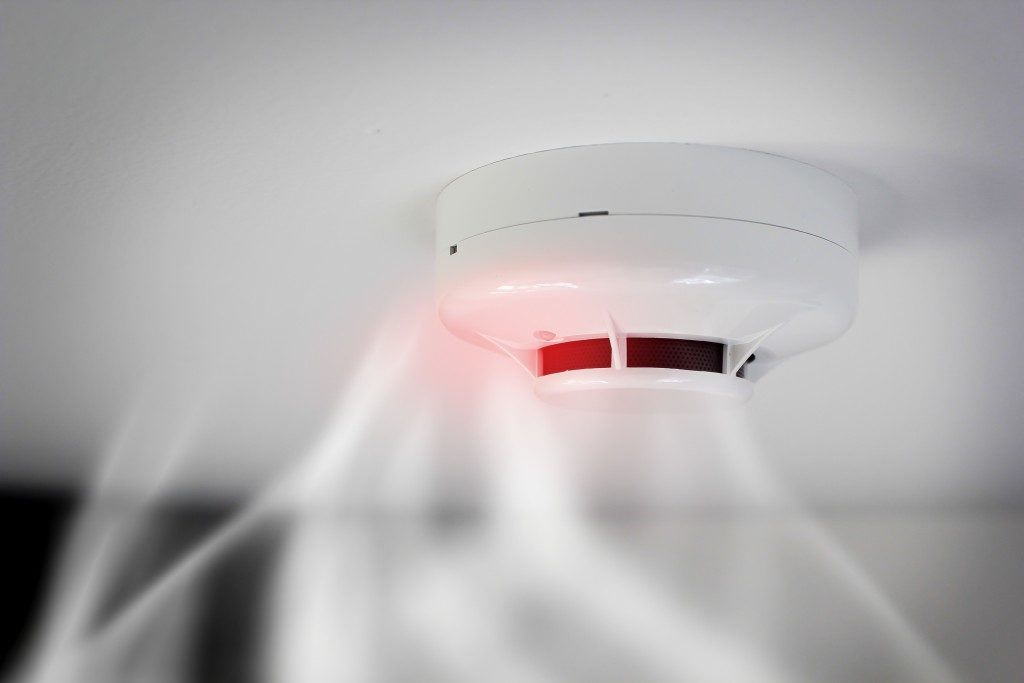Every hardworking adult that has a family will know how satisfying it is to have your very own home. However, maintaining your home and ensuring that every single aspect of your home is in pristine condition is easier said than done. Not only will homeowners have to be mindful of weather conditions, but they will also need to keep in mind the air quality.
Most individuals will usually spend much of their time indoors. A recent study has shown that 90% of the public will stay indoors an average of around 22 hours a day. This makes it more important for many homeowners to place a lot of emphasis on their indoor air quality, especially when this can have a significant impact on our health and respiratory system.
In addition to having a significant impact on our health and well-being, more individuals stay at home due to events that transpired last year. The recent COVID-19 pandemic has caused many individuals to remain at home as a means of minimizing transmission and contact with others.
That said, improving our home’s indoor air quality is paramount in ensuring that everyone is safe and healthy. So what are some essential ways of keeping our home’s airways in pristine condition? What should we be doing? We’ll be discussing critical tips and strategies that can save you from annual maintenance costs and potential hospital bills.
How Do You Measure Indoor Quality?
But before we discuss what some ways of increasing air quality are, we have first to discern critical factors that can affect indoor air quality. Also, is it possible to measure indoor air quality? Well, indoor air quality (IAQ) is a tangible way of measuring how clean the air is for a specific living area or workplace.
Many vital influencers affect the general IAQ of a particular area. Some of these factors include:
- The efficiency of the ventilation system and how air moves around the building
- How convenient it is to open windows.
- Certain types of furniture and equipment can release particles and chemicals into the air, such as formaldehyde. This can affect air quality.
- Chemicals produced by individuals and pets during activities. Such as body odor, sweat, and carbon dioxide.
- Cleaning materials and chemical pollutants can evaporate and diffuse into the air.
As you can see, many factors need to be considered when keeping your home’s air quality among manageable conditions. So what are some critical measures that you can do?
Minding Your Ventilation System

One of the most important ways of increasing your living space’s air quality is by checking your ventilation system and maintaining it. It’s essential to keep in mind that the air is composed of various particles and microbes. While some particles are relatively harmless, other microscopic particles can cause allergic reactions and complications with your respiratory system.
Additionally, the ventilation system can be a mode of transmission for a variety of disease-causing microbes. This is especially true when it comes to airborne diseases. The past year has taught us that having a good ventilation system is one of the best ways to mitigate diseases to our home’s airways. In fact, recent findings have shown that contagious diseases like the coronavirus are linked to enclosed spaces and inadequate ventilation and air conditioning systems.
If you’re not quite sure how you can keep your home’s ventilation system maintained or you need someone that can help clean up your vents’ ducts, there are always professionals who are well-versed in this matter. Fortunately, you won’t have to look far since there are duct cleaning experts that can help increase your home’s IAQ.
Stir Away from These Products
Another important thing that you’ll need to consider when keeping your home’s air quality pristine is that disinfectant sprays, diffusers, essential oils, and scented candles can do more harm than good. Remember: just because it smells good doesn’t necessarily mean that it’s “healthy” for your body. Many of these products contain volatile organic compounds, while some of these organic products are known for increasing the levels of carbon dioxide and monoxide in the air.
There are a variety of ways to increase the air quality of your home. Although many individuals are tempted to use diffusers, essential oils, and scented candles, these can do more harm than good to your home’s air quality. Not only will this disrupt your home’s air quality, but this can also lead to health complications in the long run. That said, one of the best ways of increasing your home’s air quality is by getting your HVAC systems checked and ensuring that your windows are in convenient condition.





